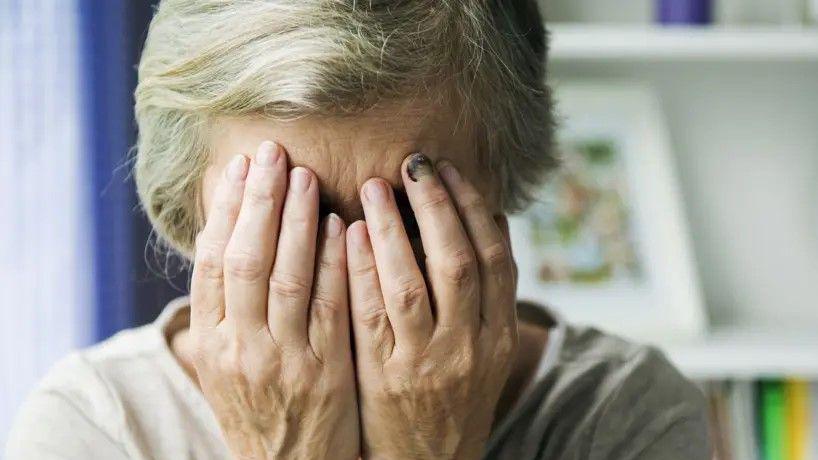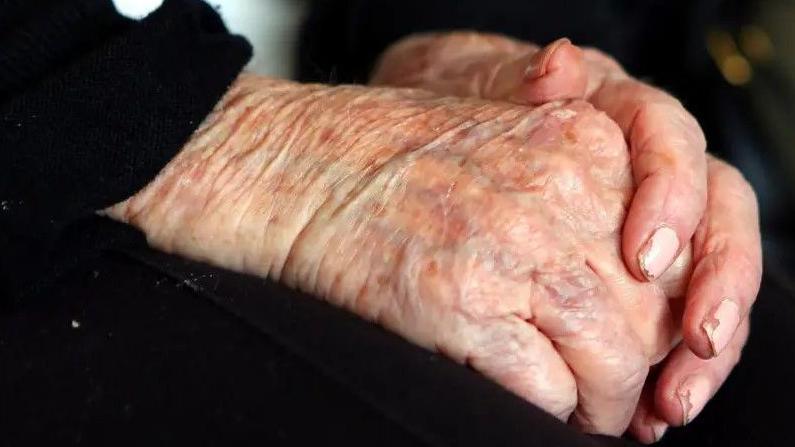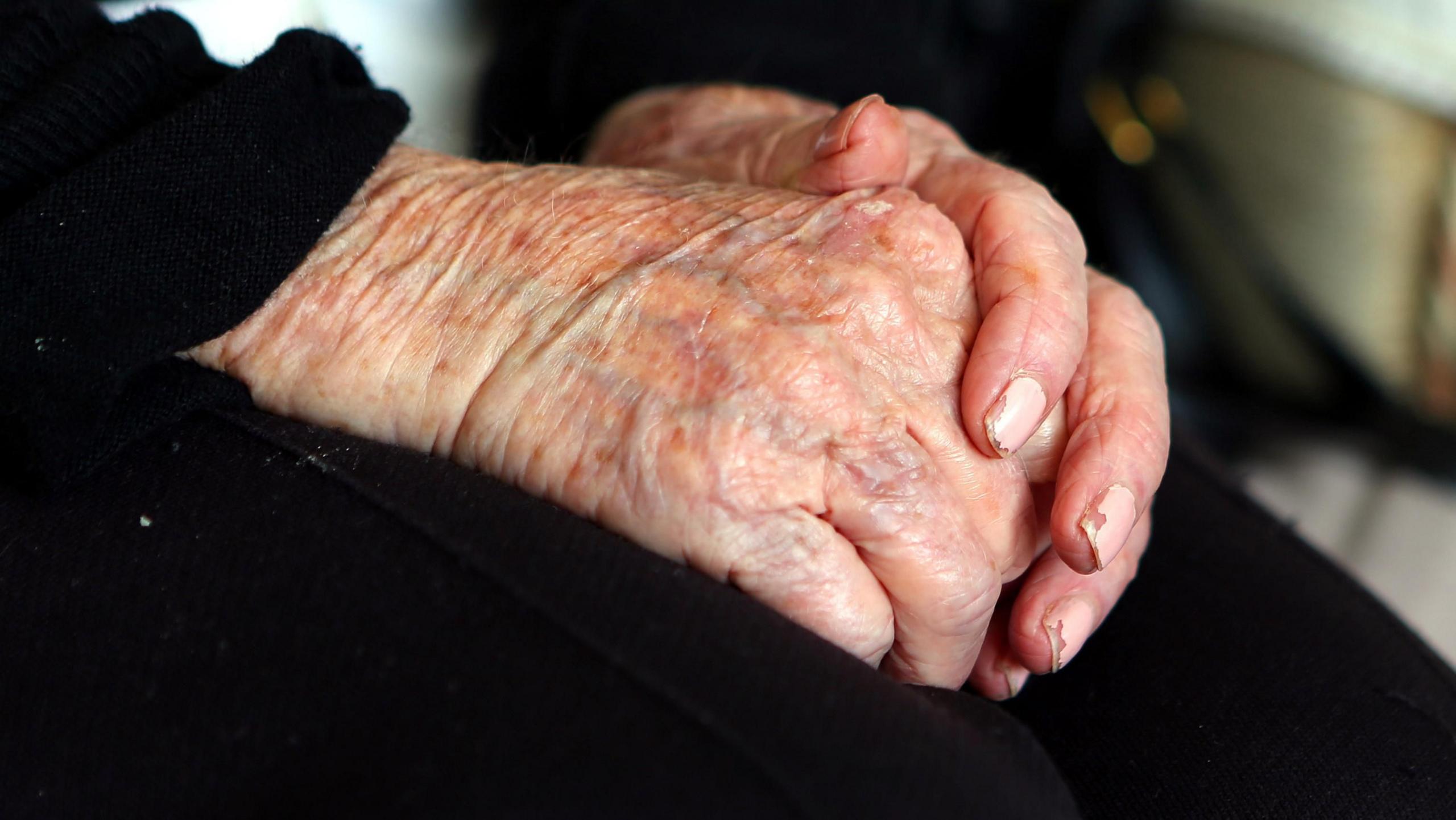Calls for change as six people die amid self-neglect

The review looked at six people who died after periods of self-neglect
- Published
Widespread changes are set to be rolled out after a review into the deaths of six people who experienced self-neglect.
The Somerset Safeguarding Adults Board (SSAB) looked at how the man and five women had been supported to see how care can be adapted to reduce the risk of future deaths.
Professor Michael Preston-Shoot, SSAB's chair, said the review aimed to "learn lessons from the circumstances surrounding the tragic deaths, who had all experienced things within their lives that lead to them neglecting to care for themselves, resulting in their deaths".
The SSAB is calling for improved assessments and fresh training around self-neglect.
The review looked at the cases of six people who died between March 2020 and August 2023. They were aged between 58 and 79 and had a range of conditions including dementia, diabetes and motor neurone disease.
They had failing health, engaged in risky behaviour and neglected their personal health, with some living in squalid conditions and withdrawing from society.
Three repeatedly rejected offers of help.
There was a delay in acting, or working with families and in some cases the means of communication were not appropriate, the review ruled.
Self-neglect is slow to be picked up as a form of abuse or neglect and some agencies may not have training on recognising the signs, the review found.

The review made a number of recommendations to avoid future deaths and serious harm
It also found there are long waits for assessment, and many agencies provide "only short, time-limited interventions".
The review included a number of recommendations including development of guidance on engaging people who may refuse help.
Professor Preston-Shoot said: "We have to support practitioners until they are really confident in conducting mental capacity assessments.
"I think we also have to support practitioners more effectively to express compassionate inquiry... to endeavour to have conversations with an individual about what the history is, what lies behind the presenting issues."
SSAB bosses held an event last week to identify good practice and reflect on the review.
Get in touch
Tell us which stories we should cover in Somerset
Follow BBC Somerset on Facebook, external and X, external. Send your story ideas to us on email or via WhatsApp on 0800 313 4630.
Related topics
- Published11 September 2024

- Published2 October 2024
